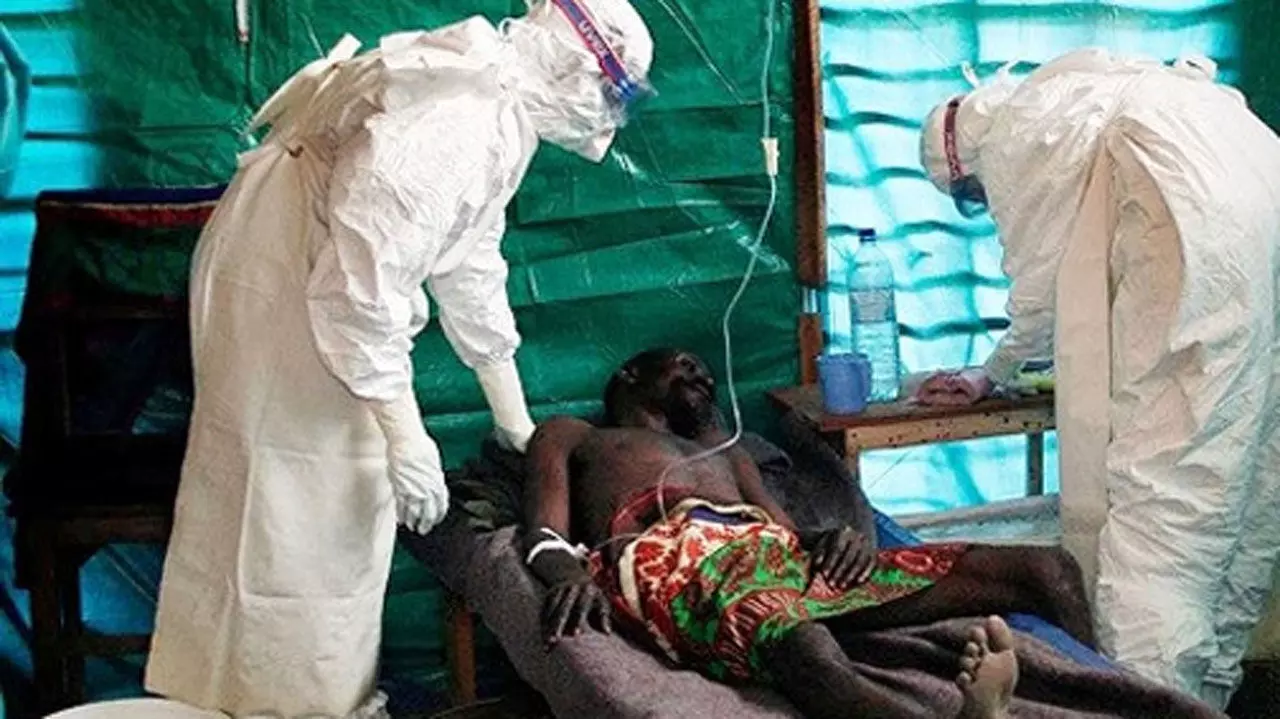
The World Health Organisation (WHO) says Tanzania confirmed its first-ever cases of Marburg Virus Disease after conducting laboratory tests in the country’s northwest Kagera region.
WHO, in a statement on Wednesday, said lab tests were carried out after eight people in the region developed symptoms of the “highly virulent” disease, including fever, vomiting, bleeding and kidney failure.
Five of the eight confirmed cases have died, including a health worker, and the remaining three are being treated. The agency also identified 161 contacts of those infected, who are currently being monitored.
“The efforts by Tanzania’s health authorities to establish the cause of the disease is a clear indication of the determination to effectively respond to the outbreak.
“We are working with the government to rapidly scale up control measures to halt the spread of the virus and end the outbreak as soon as possible,” Dr Matshidiso Moeti, World Health Organisation (WHO) Regional Director for Africa, said.
While this is the first time Tanzania has recorded a Marburg case, the country has first-hand experience responding to other crises including COVID-19, cholera and dengue within the past three years.
In September 2022, The UN health agency conducted a strategic risk assessment that revealed the country was at high risk for infectious diseases outbreaks.
“The lessons learnt, and progress made during other recent outbreaks should stand the country in good stead as it confronts this latest challenge.
“We will continue to work closely with the national health authorities to save lives,” Moeti said.
Marburg virus commonly causes hemorrhagic fever, with a high fatality ratio of up to 88 per cent.
It is part of the same family as the virus that causes Ebola. Symptoms associated with the Marburg virus start suddenly, with high fever, severe headache and intense malaise.
The virus is commonly transmitted to humans from fruit bats and spreads through direct contact with bodily fluids of infected people, surfaces and materials.
While there are no vaccines or antiviral treatments approved to treat the virus, supportive care, rehydration and treatment of specific symptoms increase chances of survival.



